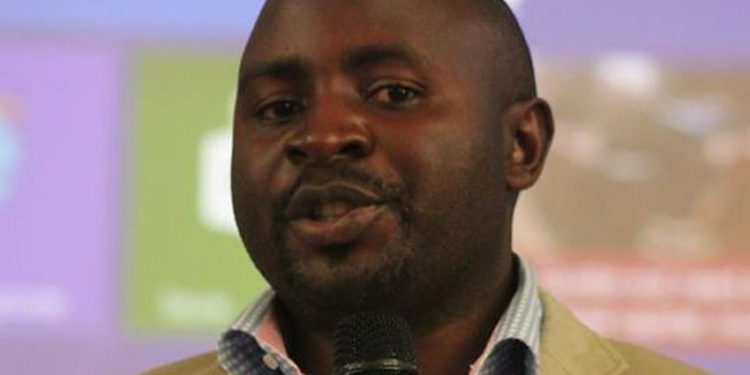Health is one of the biggest elephants in any Ugandan room. If you fall seriously sick, in most cases, for those with the resources and connections, hospitals in foreign capitals seems to be the only glimmer of hope for survival. For most of us, it is certain death!
Yet a day the former speaker of parliament was buried at his Omoro home, the world gathered to commemorate yet another World Health Day. Goal three of the Sustainable Development Goals (SDGs) is on good health and well being to ensure healthy lives and promote well-being for all at all ages. The SDG targets are part of Agenda 2030. Equitable access to health is one of the major drivers of equality. Eight years to the end of the SDGs, how far are we as a country? Can we meet the targets?
Can we reduce the maternal mortality ratio to less than 70 per 100,000 live births by 2030? Can we end preventable deaths of newborns and children under 5 years of age by 2030?
The first point of action should be for many young people delaying giving birth until when they are ready. There are many underage girls getting pregnant in their teens. Many, keen to hide the pregnancy end up in unsafe places carrying out unsafe abortions.
Instead of parents and guardians teaching kids about their sexuality, we have resorted to prayer! Yet, one of the reasons Uganda managed to succeed to a certain extent about the spread of HIV/AIDS in the 1980s and 1990s is because parents had candid conversations with their children. Teens need to understand their body changes and the risks that associated with underage sexual intercourse.
Can we achieve universal health coverage, including financial risk protection, access to quality essential health-care services and access to safe, effective, quality and affordable essential medicines and vaccines for all by 2030?
The death of speaker Jacob Oulanyah and Bank of Uganda governor Prof Tumusiime Mutebile in foreign hospitals should make us think about our priorities. It is reported that Uganda spends approximately Shs400 billion every year treating its officials abroad. If we spent 75% of this money every year on building and equipping hospitals ordinary Ugandans can afford, maybe we would be closer to achieving the SDG 3 targets.
If you visit a Ugandan hospital, each patient has at least one person looking after them as care takers and many others that cook food, bring in food supplies and such other things. One person falling sick means that a few other people won’t be working, dedicating their time to looking after the sick. How much does this cost the economy?
But in absence of a national insurance scheme, most people have no options. Public hospitals and health facilities are few and underwhelmed with the sheer number of people who need their services. Many die while waiting for critical care.
There are three major causes of maternal deaths: delays to seek medical services, delays during transportation and delays at hospital. Due to lack of insurance, many women delay to go to hospitals as they wait for money for transport and other necessities. Many times, money comes in too late.
Health facilities are far from where people live making it expensive for people to visit these facilities. Many people keep pushing the time they will go to health facilities. As they delay, their health deteriorates and they die. The priests turn up and say it was “God’s plan.”
I recently visited Kawempe hospital, the national referral facility for pregnant women. In some wards, you had nowhere to pass with many people sleeping on the floor. About 70 women give birth at this hospital every single day. The day I was there, 18 women needed emergency surgeries. I saw a doctor who was too tired that had decided to take a nap on the floor before performing yet another caesarean surgery.
Another time, some big man will die and the politicians will give colorful speeches, fight over the funeral budget, and drive their Landcruisers back to Kampala and do nothing yet again. When they are sick, they will cry to those with the envelope to be taken to India or Nairobi for treatment.
The most cost-effective thing to do is not to fly those who are well connected abroad for treatment rather to build facilities right here at home. In fact, we would make money from the ever-expanding East African region — just like Nairobi.
The writer is a communication and visibility consultant. djjuuko@gmail.com
Do you have a story in your community or an opinion to share with us: Email us at editorial@watchdoguganda.com












